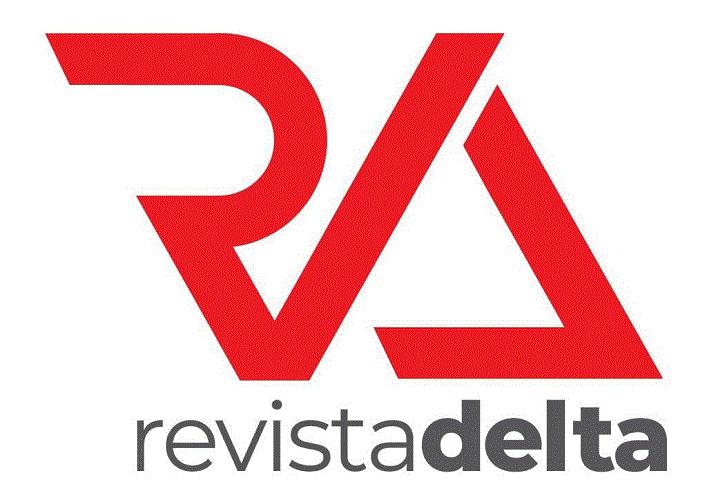ABSTRACT
The logos is the technical/artistic rhetoric proof, according to Aristotle (2000), in which the speaker tries to show or demonstrate the truth by discourse. That is, it is the use of logical reasoning with the aim of founding a persuasive proposition. For authors like (Amossy, 2006) and (Olbrechts-Tyteca and Perelman, 2008), since the discursive genres always look forward to having some kind of impact on the public, they are provided with argumentativeness, in different degrees and intentions. In this article, we intend to discuss the possibilities of theusageof logos in narrative fiction film, from the perspective of the discourse's argumentative analysis and the semiolinguistics theory (Charaudeau: 2001). The method involves the application of some categories of logos to an argumentative-discursive analysis of some sequences of The Godfather Part II (The Godfather Part II, 1974), by Francis Ford Coppola, taking into account the elements of film language. This research has shown the usefulness of fiction film's approach as an object of study in this area, as well as the intrinsic relationship between the rhetorical evidences of ethos, pathos and logos.
Key-words: Logos; Argumentation; Semiolinguistics; Film

 The rhetorical proof of logos in narrative fiction film
The rhetorical proof of logos in narrative fiction film



